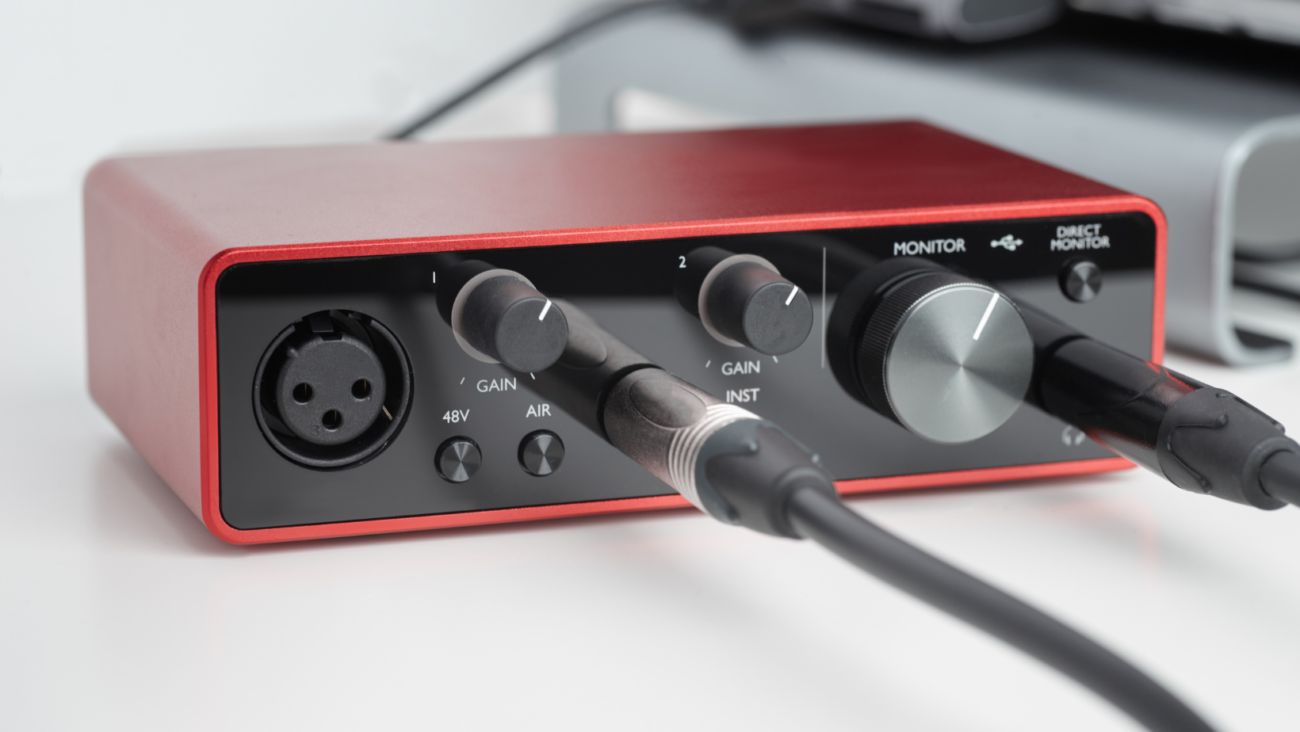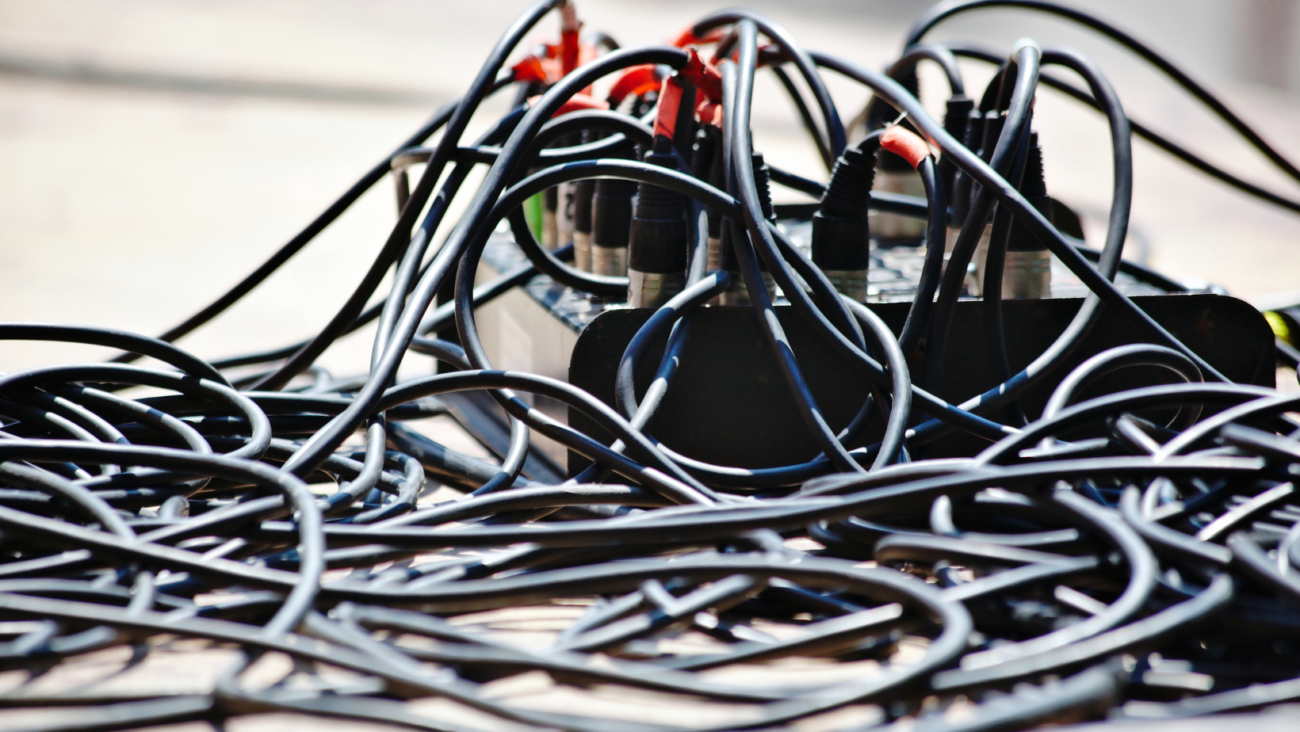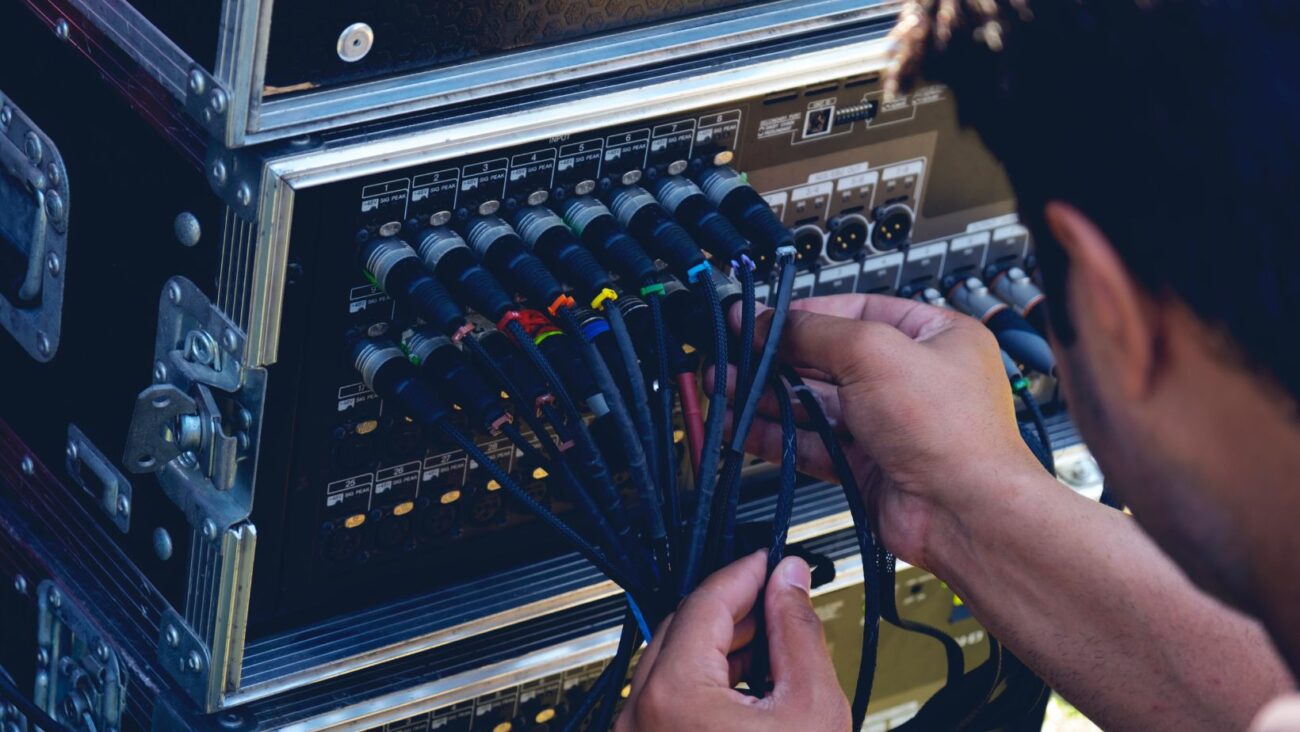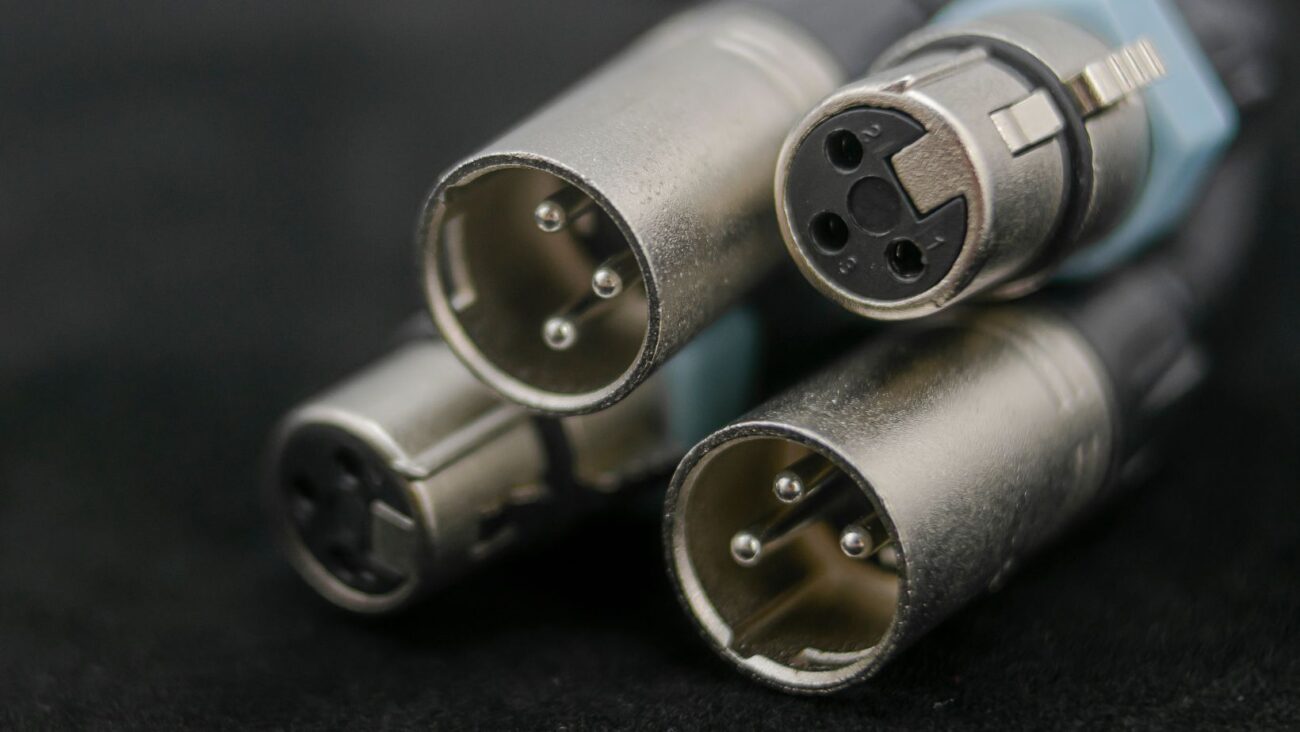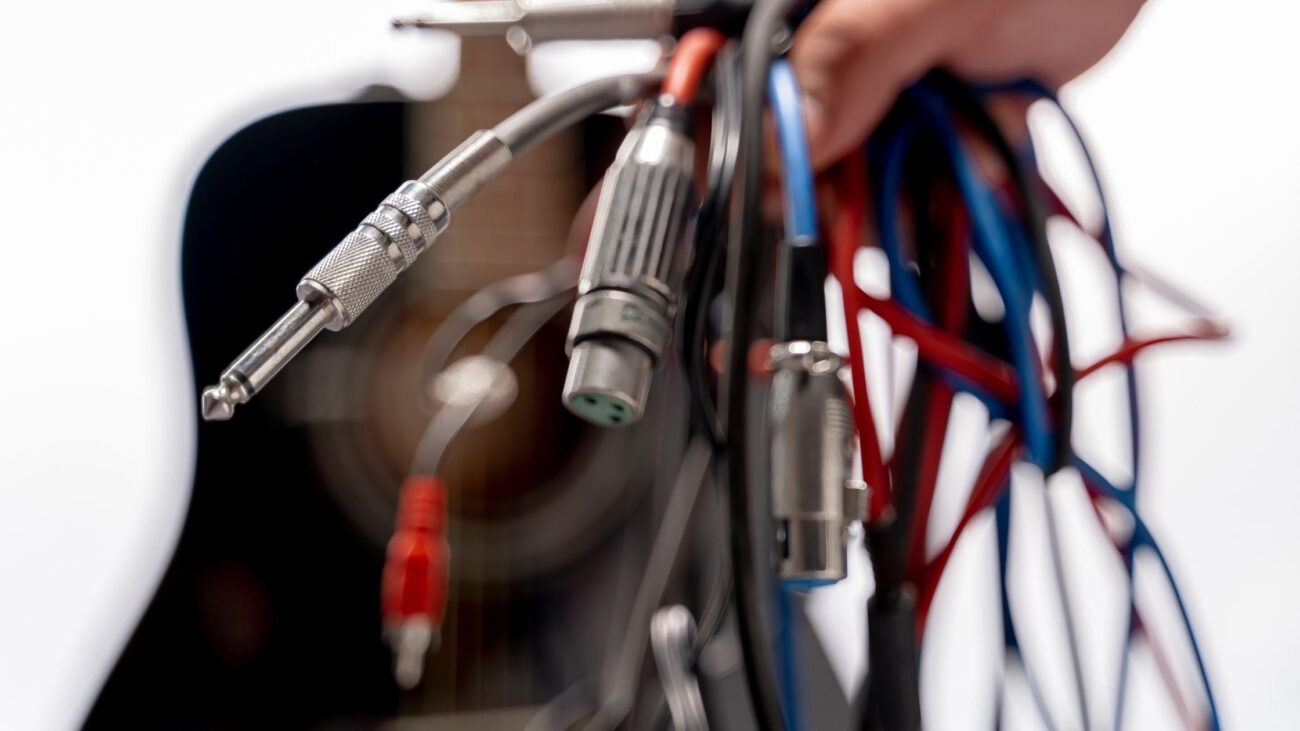Do Audio Cables Affect Sound Quality?
There has been a discussion for a long time in all parts of the world. Many people believe that cables affect sound quality and many others claim that there is no relationship between sound quality and cable. In addition, in the music world and audio equipment, thousands of brands of custom audio cables claim to be the best in the market for the quality of their materials.
However, do audio cables affect sound quality? Stay with us if you want to know the answer; learn a little more about audio cables, their components, and the importance of each one of them.
What are the important components of an audio cable?
When new people buy an audio cable, their first reference is the brand, the cost, the aesthetics, and not its components or the material with which it is made. In other words, they do not pay much attention to the technical aspects but to the sound that the cables produce. However, we will explain some components that custom audio cables have that can affect the sound:
Cable conductor
In principle, it is necessary to know that a cable is simply a conductor that transmits a signal from one end to the other. The conductor is those thin wires in the middle of the cable, and the material can change the sound if they are made with materials with a lot of resistance to the movement of electrical charges.
Next, we will mention the best conductors for cables and what could be their advantages:
- Silver: This material is the best electrical conductor on the market, but cables made with this type of material could be costly.
- Copper: It is the most used material for all types of cables due to its low cost, the second-best electrical conductor, and ease of use. However, it tends to rust very quickly and may not last as long.
- Gold: Despite being in third place, it is still a fantastic electrical conductor, but the price of gold could cost 77 times more than silver. However, gold is impossible to corrode in the environment and is perfect for coating cable connectors.
- Aluminum: This material has a high electrical resistance, is not a good conductor, and is only used in notably cheap cables. That’s the reason why a cable of this quality might not give satisfying results.
If the conductors are not copper, silver, or gold, the sound may become duller than it should be. On the other hand, if you want a cable with any of the three materials mentioned above, you will not see any difference that you can easily perceive.
Cable shielding
Many think that audio cables are only conductors, but they do not know that a protective layer covers the conductors, called shielding. It could make the difference between a good quality cable and one that damages the sound that you could expect.
The shield is an aluminum layer tape with high resistance to transferring electrical charges and surrounds the entire cable length. In addition, it has the mission of isolating the conductor, absorbing, reflecting, and stopping the interferences produced by electric and electromagnetic fields.
In other words, the shielding is responsible for ensuring that the sound has no hum, ground noise and makes it as clear as possible. However, this does not improve the sound of a cable, but it perfectly maintains the sound that a guitar, for example, should have.
The connectors are the shiny parts that the cables have at each end and are very resistant to corrosion. This part is the one that can most affect the final sound carried by the audio cable because it can lose contact with the conductor, or it could rust it until it is unusable. Usually, it can use some finish or coating with nickel or gold.
If you want a good quality custom cable, you should know what materials were used to make it and that they are the optimal ones so that the sound is totally clean and without interference.



